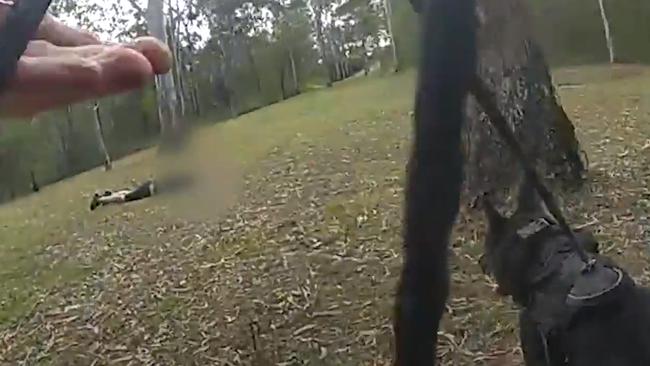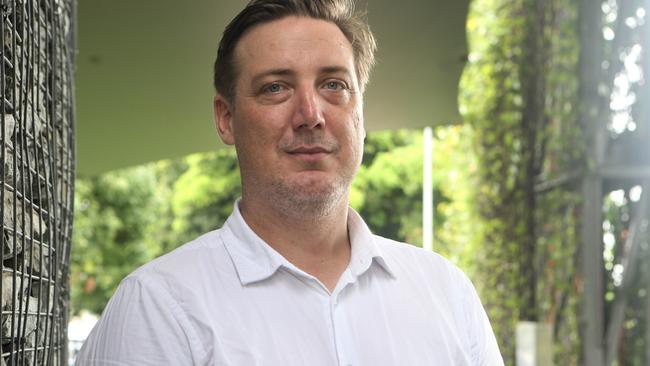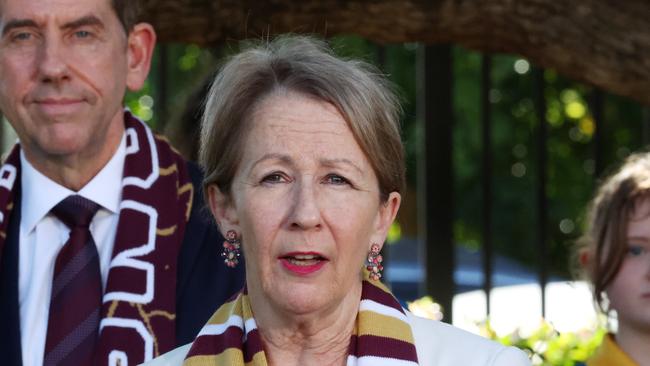’Alone, hopeless’: Repeat offending spikes as kid crims kicked to kerb
Child criminals are being released from detention with nowhere to go, no plans and very little support, with a state government report revealing it is helping drive reoffending rates.
Police & Courts
Don't miss out on the headlines from Police & Courts. Followed categories will be added to My News.
Child criminals are being released from detention with nowhere to go, no plans and very little support, with a state government report revealing it is helping drive reoffending rates.
The report, Exiting Youth Detention, from the Queensland Family and Child Commission, reveals the stories of 66 children, families of young people who have offended, and 44 frontline workers.
QFCC chief executive Luke Twyford said he had recommended the government fund a long-term program after criminals’ release so positive behaviours could be encouraged.

“The main concern raised was the inadequate support and services invested in addressing the root causes of young people’s offending,” he said. “Meaning we are essentially releasing young people from detention back to the circumstances and environments that drove them to their offending in the first place.
“The stories the young people are telling us are around not having plans after their release, not knowing what house they would be staying at.”

Mr Twyford said there was a real absence of relationships in young criminals’ lives.
“The fact that they were alone, no one had thought about what the first week of post release would look like for these young people,” he said.
“They … didn’t have any strong role model or any strong relationship that would help them not commit crime.”
“They spoke about their own mental health and substance misuse and how being involved in key groups was really just leading them to repeat criminal activities.
“What it really shows is that our current youth justice system needs to do a much better job at changing the circumstances in these young people’s lives when they’re released …”
Mr Twyford said youth were returning to substance misuse, being disengaged from school, having no employment opportunities, untreated mental health disorders and homes with domestic violence.
“These young people will return to old behaviours,” he said.
“The biggest shock to me was just how hopeless these young people felt, and some really concerning stories about not wanting to have a future, and that if young people don’t value their life, then criminal consequences don’t really rate in their order of priority.”

Mr Twyford said parents said they did not know their child would be released until the day. Frontline workers echoed the frustrations of young people. “They would build strong relationships while in detention, and they would help these particularly young boys re-engage in learning,” he said.
“But then their relationship ends the day of release … the young people and the workers want to maintain relationships (as) positive role models.”
Youth Justice Minister Di Farmer said the report highlighted the importance of striking the balance between holding young people accountable while addressing the underlying causes of their offending. “The government has always listened to evidence-based approaches and will consider the recommendations in depth once the report is published,” she said.



